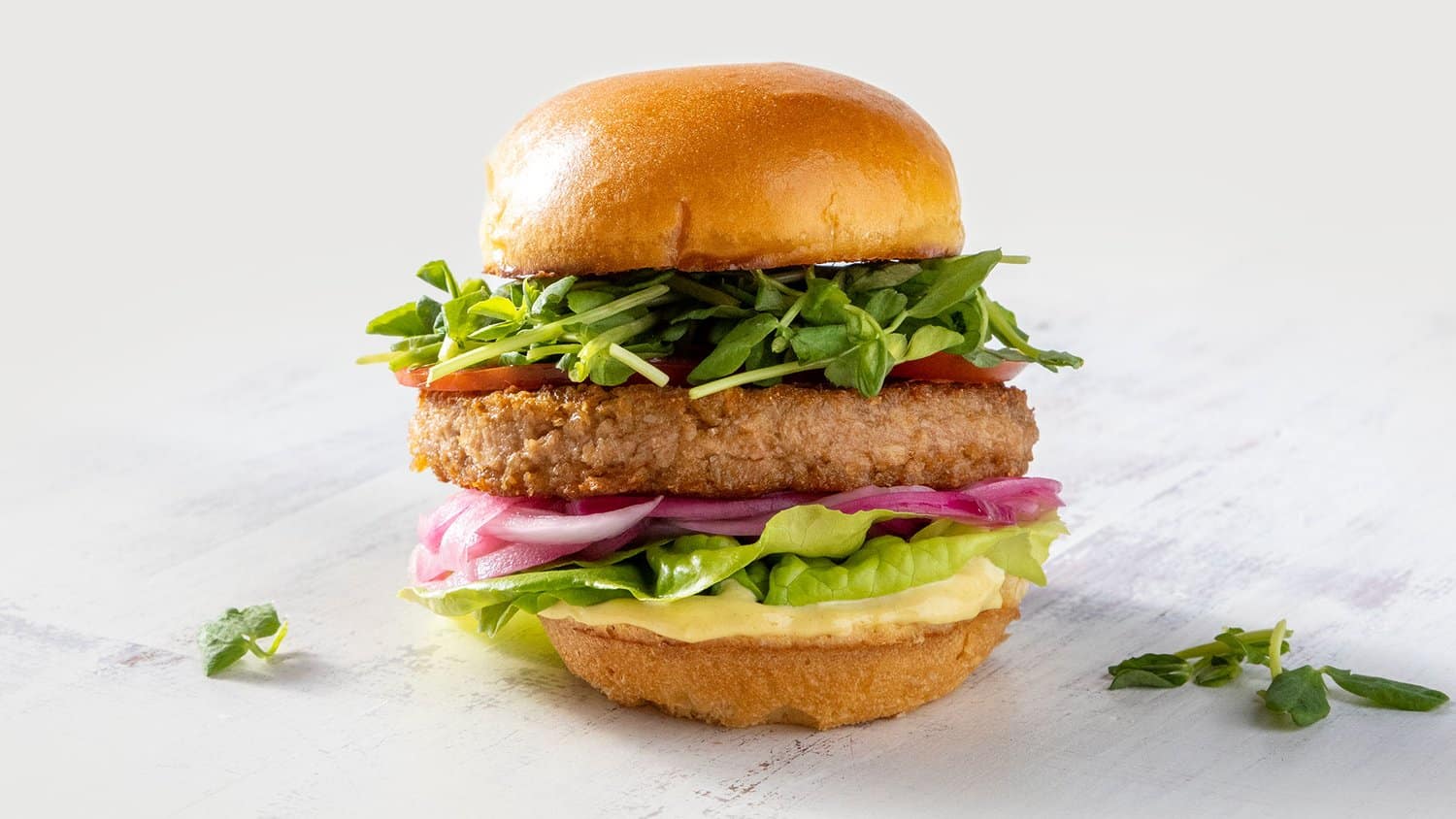Why plant-based seafood is not just for vegans: The growth of the flexitarian market

Do you know what a flexitarian is? No, not a vegetarian. Not a pescatarian either. A flexitarian. Millions of households in the US adopt this lifestyle, and the plant-based market as a whole benefitted massively from this rapidly increasing health-conscious group. But what exactly does being a flexitarian entail?
What is a flexitarian?
Flexitarians eat semi-vegetarian diets; they focus on plant-based foods but allow meat, seafood, and dairy products as long as they are in moderation. Motivated to minimize their impact without having to radically change their habits, flexitarians follow a lifestyle that’s less strict than traditional vegetarian and vegan diets. A flexitarian may, for example, order a salmon dish for lunch, and incorporate plant-based shrimp into dinner. They prioritize their health and value sustainable initiatives without compromising on their freedom of choice.
Why are flexitarians choosing plant-based seafood?
When it comes to substituting traditional seafood, like any other sector of the plant-based market, flexitarians are driven by two key factors.
Improved Health
According to data collected by YouGov, 58% of flexitarians believe that cutting down on animal products is better for your health. And they’re not wrong. With an ever-growing concern about the potentially harmful implications of animal protein (things like microplastics, antibiotic use within fish farms, and mercury), consumers are edging towards healthier, but still tasty, food choices.
Reduced Environmental Impact
Sustainability and the well-being of our planet have become key concerns for many consumers. Projects to combat plastic pollution, preserve marine life, and reduce overfishing have edged flexitarians toward realizing that they can minimize their environmental impact by cutting down on traditional seafood and integrating plant-based alternatives into their diets. Tools such as our Impact Calculator demonstrate the monumental effects of a few veggie swaps.

Plant-based seafood: What do flexitarians look for?
Flexitarian consumers want a familiar, indulgent experience that’s healthier and more eco-friendly than the traditional options. In other words, it tastes like seafood but it isn’t.
Great Taste
Taste is king. Research conducted by The Good Food Institute shows that a similar taste is table stakes for plant-based seafood; it’s the absolute minimum that consumers expect from brands. According to this study, texture is also a primary concern. Flexitarians are open to greener alternatives, as long as the taste is maintained.
And we get it! It’s a top priority for us too. So much so, that Chef Charlie Ayers (ISH’s executive chef) has created various exquisite dishes, especially for ISH. From a delightfully aromatic creamy coconut curry to an irresistibly crispy focaccia club, you’ll find a range of delicious meals within our recipes.
Convenience
Convenience is another essential factor. FoodThink, a study carried out by Signal Theory, found that 64% of flexitarian consumers are using more convenient food options than they were two years ago. It’s become increasingly common for consumers to expect tasty and quick plant-based food options in all settings.
Nobody likes waiting too long for food or spending hours preparing a meal. We hate it too. That’s why we provide a quick and easy solution to our customers’ plant-based cravings. Our Salmonish™ Burger, for example, can be pan-fried or grilled within 6-8 minutes.
Mmm. The sweet taste of convenience.
Health Benefits
With improved health being a driving factor behind flexitarian food choices, it’s only natural that they’re concerned with ingredients. Flexitarian consumers want to feel like they’re making a healthy swap; their new habits need to be not only good for the environment, but kind to their bodies too.
We’re with the flexitarians on this one. Being plant-based just simply isn’t enough. Our products have to be healthy for both people and the planet alike. Using science and data to inform every single one of ISH’s ingredients, we create truly nutritional products. Or, as we like to say, “all of the good, none of the bad”.
What’s next?
Living in our society means being constantly exposed to the origins of the foods we consume. Flexitarianism has grown in recent years, along with the desire for healthier, but still delicious, plant-based seafood.
It’s our mission here at ISH to deliver sustainable plant-based foods to every plate worldwide – to flexitarians, vegetarians, meat-eaters, and everyone in between. We can’t do this alone and we’re looking for customer allies to join us on this journey.